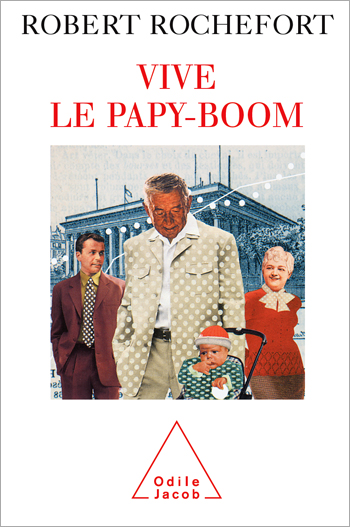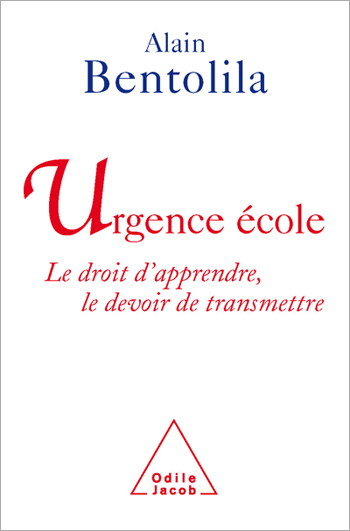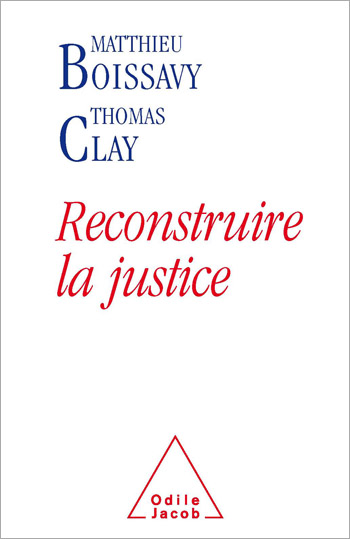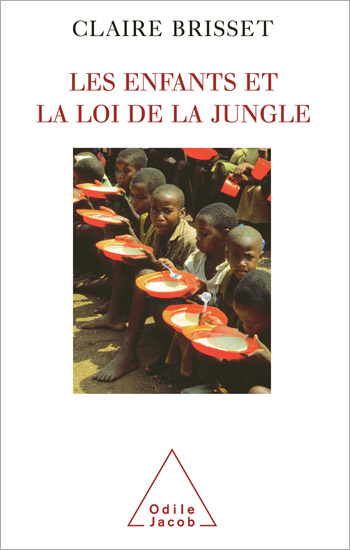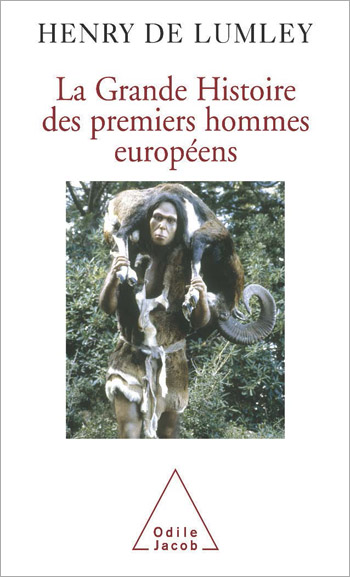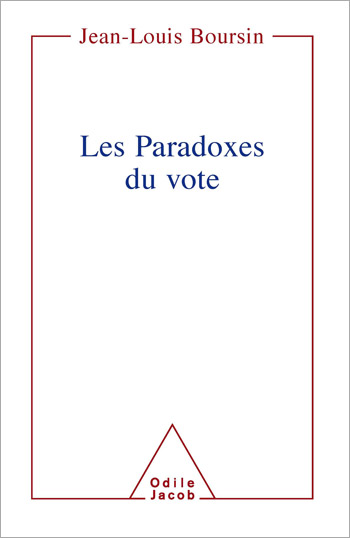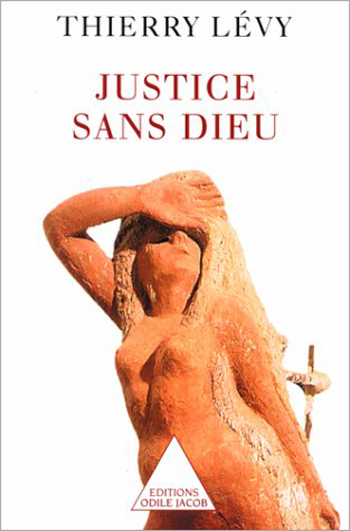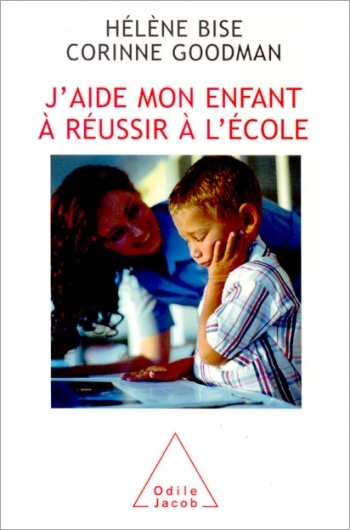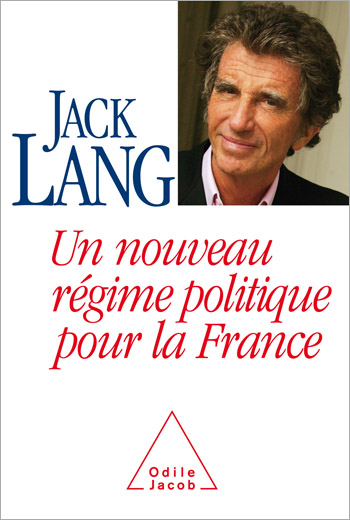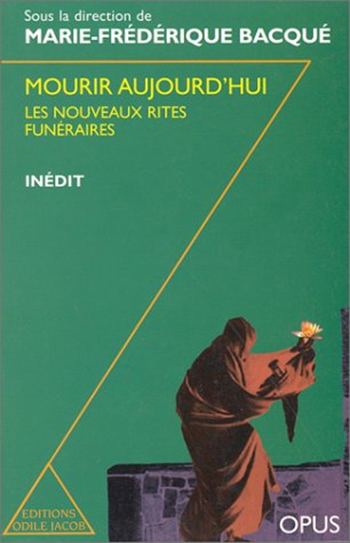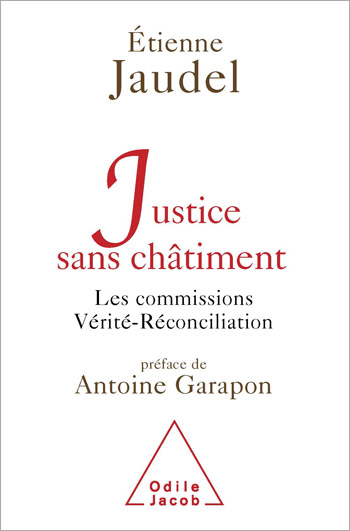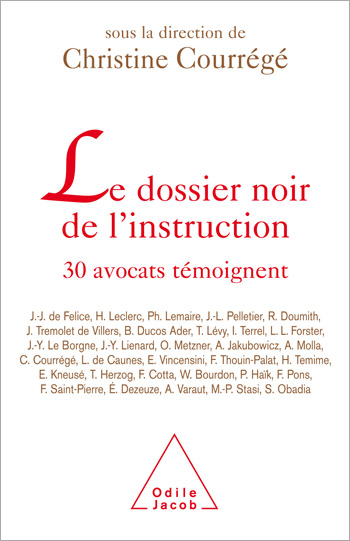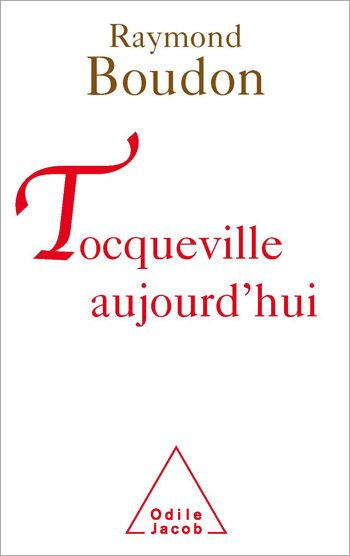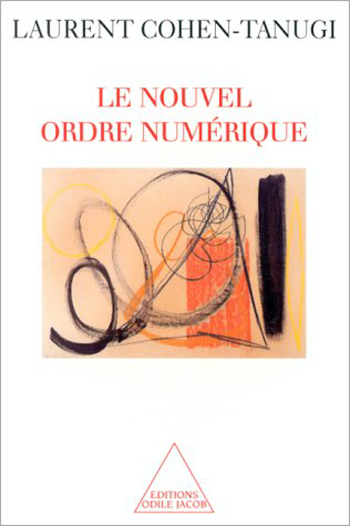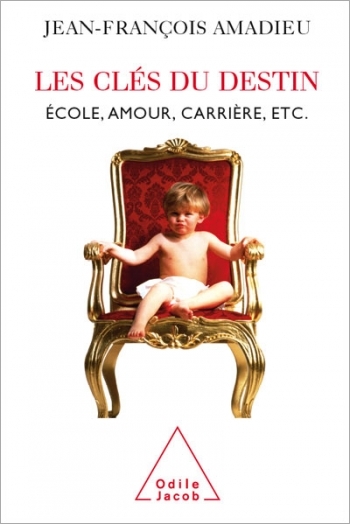Human Sciences All books
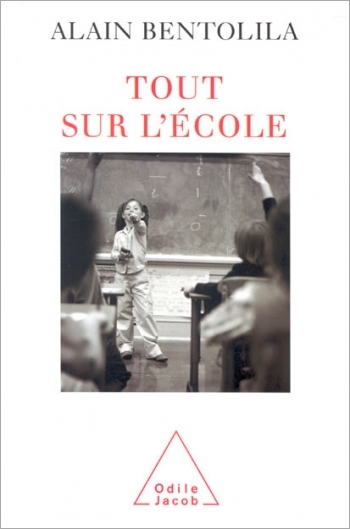
Alain Bentolila
All about scholl
This is a brilliant, clearly argued demonstration of how the inability of the school system to evolve and develop a critical spirit may lead to the general failure of our entire society.
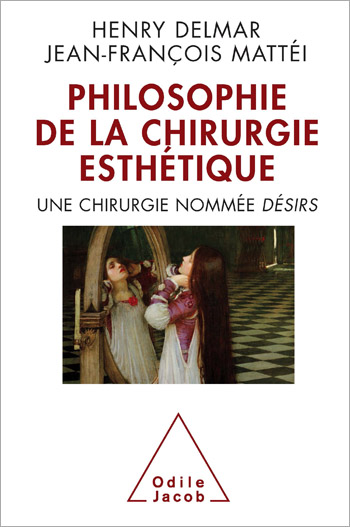
Henry Delmar, Jean-François Mattéi
Philosophy of Aesthetic Surgery Surgery as Desire
What are the visible and hidden forces that drive personal transformation?
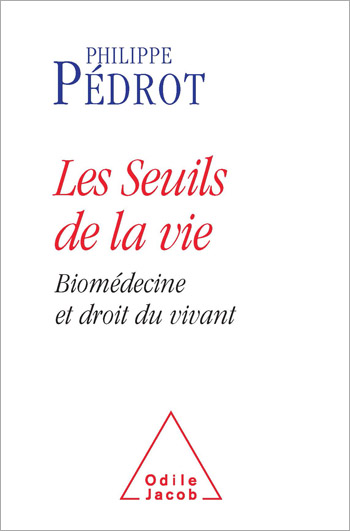
Philippe Pédrot
Judging What Cannot Be Decided The Body Seized by the Law
This is a careful study of the cataclysm that biomedical technology has wreaked on procreation, gestation, life and death.
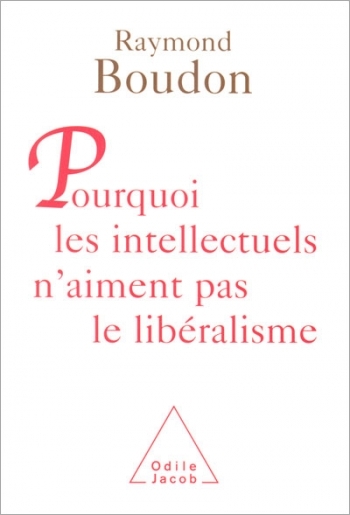
Raymond Boudon
Why intellectual peoples don't like liberalism
Given the intellectual force of liberalism, its political appeal, its economic effectiveness and its historical significance, why is it so unpopular among French intellectuals? Why does it elicit so little serious discussion? And why is it the object of so much confusion, so many clichés and misunderstandings? Is it simply out of resentment, because intellectuals feel that the market does not afford them the material and symbolic rewards that they believe they deserve? Is it just because they prefer to play a critical role in a society where capitalism is triumphant? Perhaps, but these reasons do not explain everything and they certainly dont explain the systematic rejection of liberal thought in France. A sociologist of knowledge rather than of social determinism, and a specialist in belief systems, Raymond Boudon ruthlessly analyses the cognitive mechanisms that make liberalism so hateful in the eyes of French intellectuals. The result is a keen, detailed review of the clichés that have encumbered discussions for more than thirty years. Raymond Boudon, a professor at the University of Paris-IV, is a member of the Académie des Sciences Morales et Politiques. He us the author of numerous works, most notably LInégalité des chances, La logique du social, LIdéologie ou lorigine des idées reçues, LArt de se persuader, Le Sens des valeurs and Déclin de la morale? Déclin des valeurs. He is the co-author, with R. Leroux, of Y a-t-il encore une sociologie?
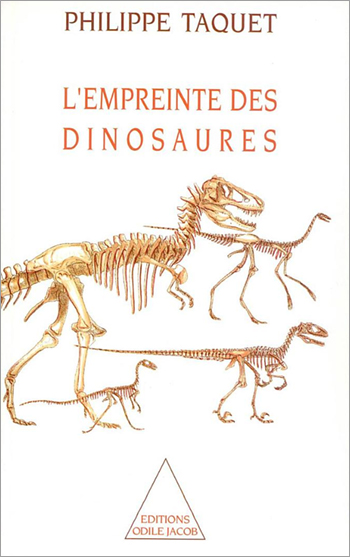
Philippe Taquet
The Imprint of Dinosaurs
"In 1964, my steps encountered the prints of dinosaurs and, ever since, my shoes have travelled extensively, from the Tenere desert to the Brazilian Sertao, from the Laos forest to the steppes of Mongolia; I was lucky to discover several dinosaurs and happy to share the life of many inhabitants of this planet, Tuaregs in Niger, Berbers from the Moroccan High-Atlas or winemakers from Corbières in France. By recounting these journeys in search of dinosaurs, I wish to draw the reader in a world that owes nothing to fiction but a lot to science." Philippe Tacquet
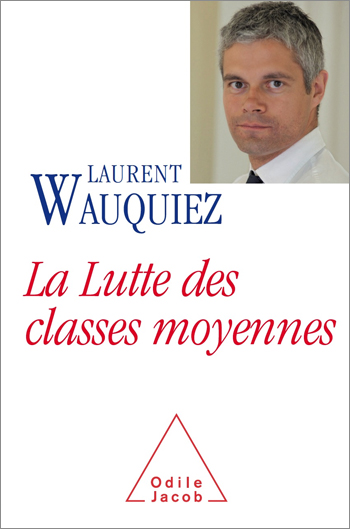
Laurent Wauquiez
The struggle of the middle class
In the run-up to the French presidential elections, here are a series of proposals that offer the middle classes the future perspectives they deserve
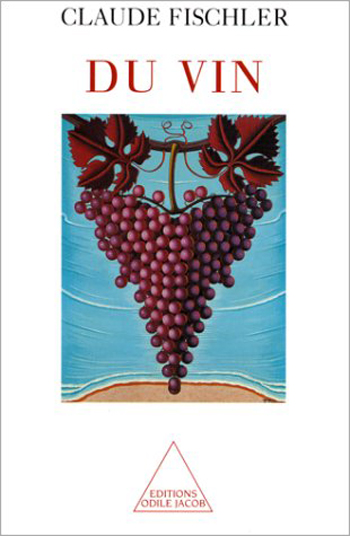
Claude Fischler
Of Wine
The true wine lover is a rare breed. He doesnt pontificate, instead he asks questions and reflects. When faced with a pompous connoisseur he shuts his eyes so he can sip and taste undisturbed. Which of the two categories do you belong to, reader? Are you a true lover of Bordeaux or a connoisseur of burgundy? What is it that you like about wine? Is it the knowledge that surrounds it or the pleasure it affords? Is it the prestige of a label or the authenticity of its origin? What do all these categories really stand for? The mythology of wine is examined and deciphered in loving detail. Claude Fischler is a sociologist and researcher at Frances Centre National de la Recherche Scientifique.
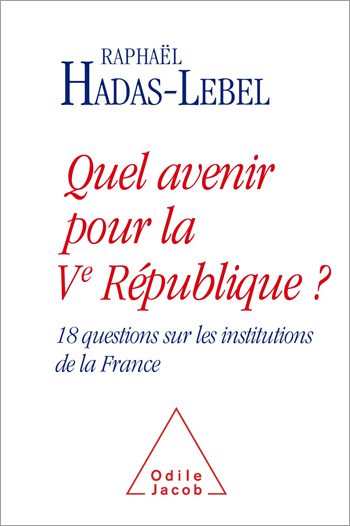
Raphaël Hadas-Lebel
The Future of France’s Fifth Republic and Its Institutions in 18 Questions
Should France abandon the five-year presidential term? Should it proscribe political cohabitation (following the failure of the presidential party to acquire a parliamentary majority)? Is a second chamber necessary? How can the Constitutional Council be made to evolve?
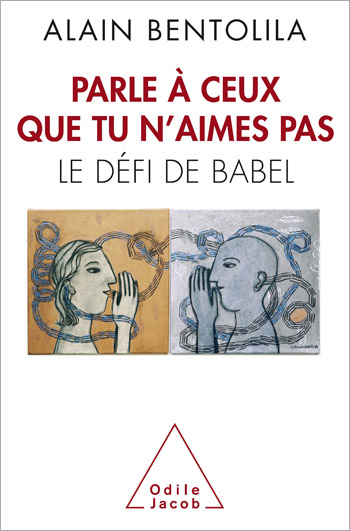
Alain Bentolila
Talk to People You Don’t Like The Challenge Of Babel
A virulent criticism of everything that keeps the French from sharing a common language
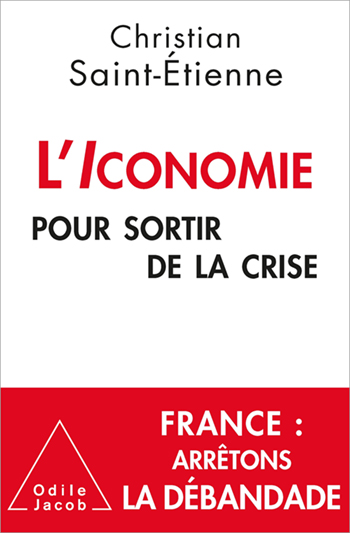
Christian Saint-Étienne
The iConomic Revolution France Faces the Third Industrial Revolution
Following the success of France: Etat d’urgence, a new polemical work on the state of the French economy, by Christian Saint-Etienne
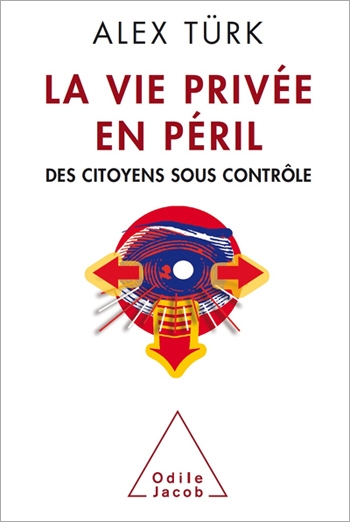
Alex Türk
Society Under Surveillance
An advocate of democratic vigilance, Alex Türq calls for a wide-ranging discussion on all these issues.
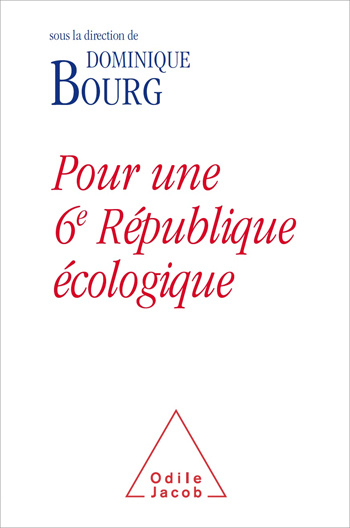
Dominique Bourg
In Defence of an Ecological Sixth Republic
Proposals for a reform of the French Constitution in the run-up to the 2012 Presidential elections
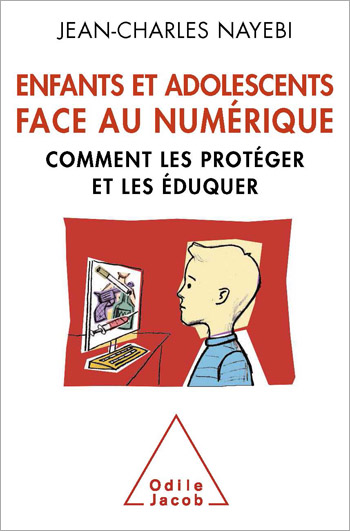
Jean-Charles Nayebi
Preparing, Protecting and Educating Children and Adolescents for Life in a Digital World
An educational and psychological aspect: the author explains how each of the sites accessed (game, chat rooms) can affect or even alter behaviour and lead to addiction.
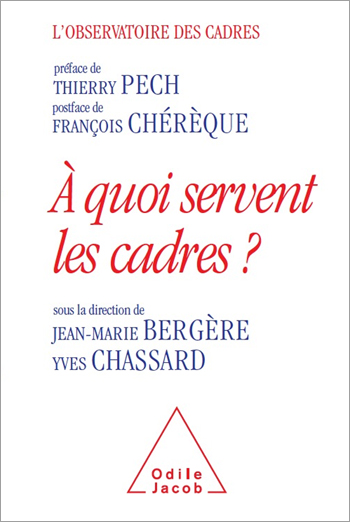
Observatoire des cadres
What Use Is Management? Questioning management tactics
What is management’s future role in a rapidly changing business world?
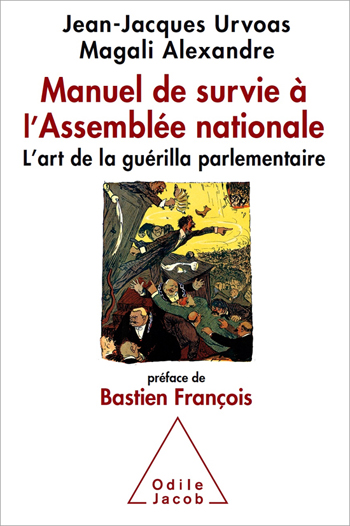
Jean-Jacques Urvoas, Magali Alexandre
Survival Handbook for the French National Assembly The Art of Parliamentary Guerrilla Warfare
In the corridors of power of the National Assembly, we encounter Jean-François Copée, Arnaud Montebourg, Bernard Accoyer, among other French politicians.
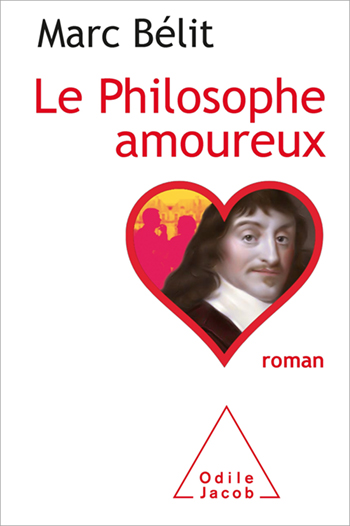
Marc Bélit
The Love-sick Philosopher
A passionate and poisonous love affair in the world of Parisian intellectuals and political activists, in the late 1970s

